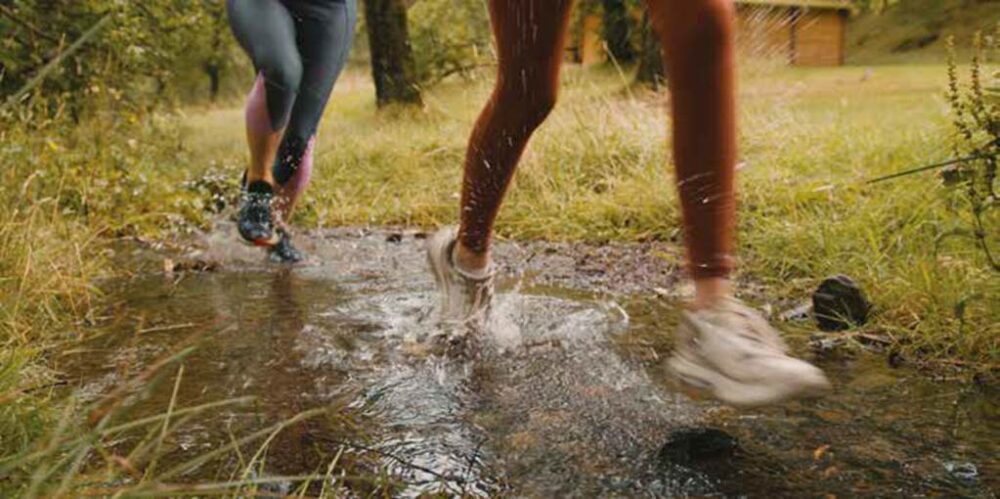This year, with June having broken heat records and July breaking rainfall records it is hard to know whether to write about keeping hydrated or about the risk of diffuse pollution.
Last July, heat records were broken with 40 degrees being reached in the UK for the first time with much of the country in drought.
Tilhill has its our own Environment and Sustainable Business Policy, setting out how we aim to reach Net Zero to help minimise the effects of climate change, but we must also think about the impact of climate change on our work and how we need to adapt.
There is much work to do on this but there are some practical steps we can all take on site, such as:
• Hot weather – Read Tilhill’s Toolbox Talk TT/91, available to our approved contractors on our contractor portal. Consider sun exposure, dehydration and heat exhaustion/stroke.
• Ticks – The current climate seems to have been very beneficial to the tick population and we are seeing increasing reports of tick bites.
The most important control if you are bitten is to identify and safely remove ticks as soon as possible. All first aid kits on Tilhill sites should contain tick removers. Repellant sprays can help reduce the number of ticks and users of treated clothing report its high effectiveness.
• Diffuse Pollution – Historically, we may have thought about this as a winter working issue, but wet spells such as we experienced this July means we have to remain vigilant and ensure controls are in place all year round.
• Intense rainfall. We have noted an increased frequency in intense rainfall events. Sudden bursts of high volumes of rain. In urban areas these often cause flash flooding. The same can happen in the forest when the drainage system becomes overwhelmed. It is important to ensure that culverts and drainage ditches are kept free of obstructions at all times to allow them to function correctly. New drainage systems should be designed with this in mind.
• Public Safety. Come rain or shine we can expect an increase in visitors to sites through the school holidays. We must review our controls for public safety and segregation from our works. These controls may need to be increased during the holiday period, and consideration given to working in areas further away from public access routes during this time to reduce risk.



